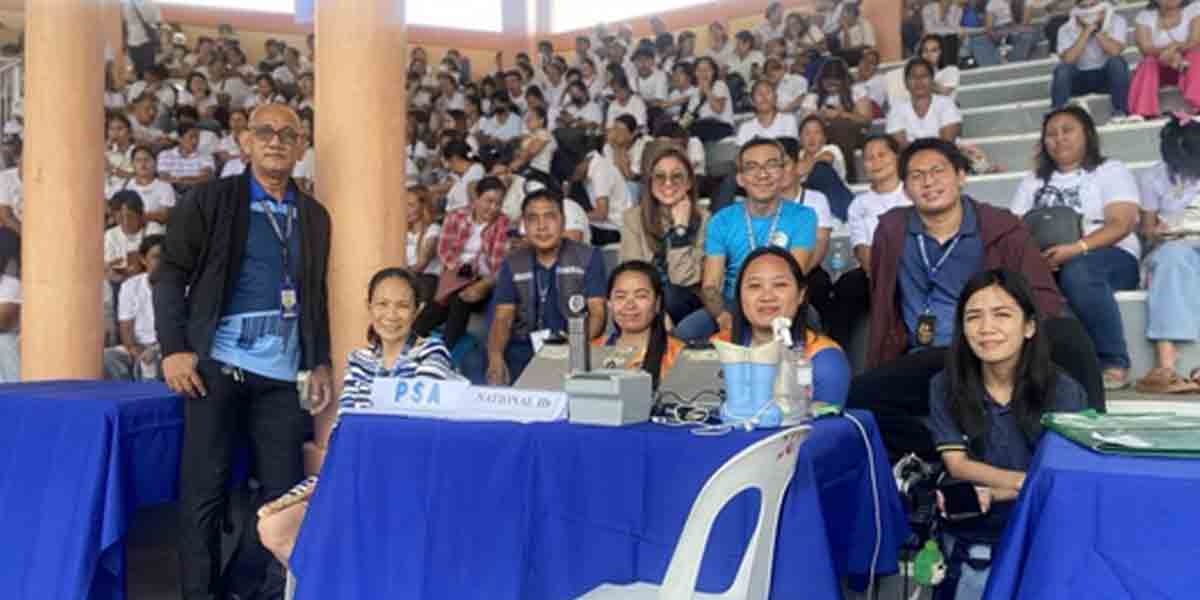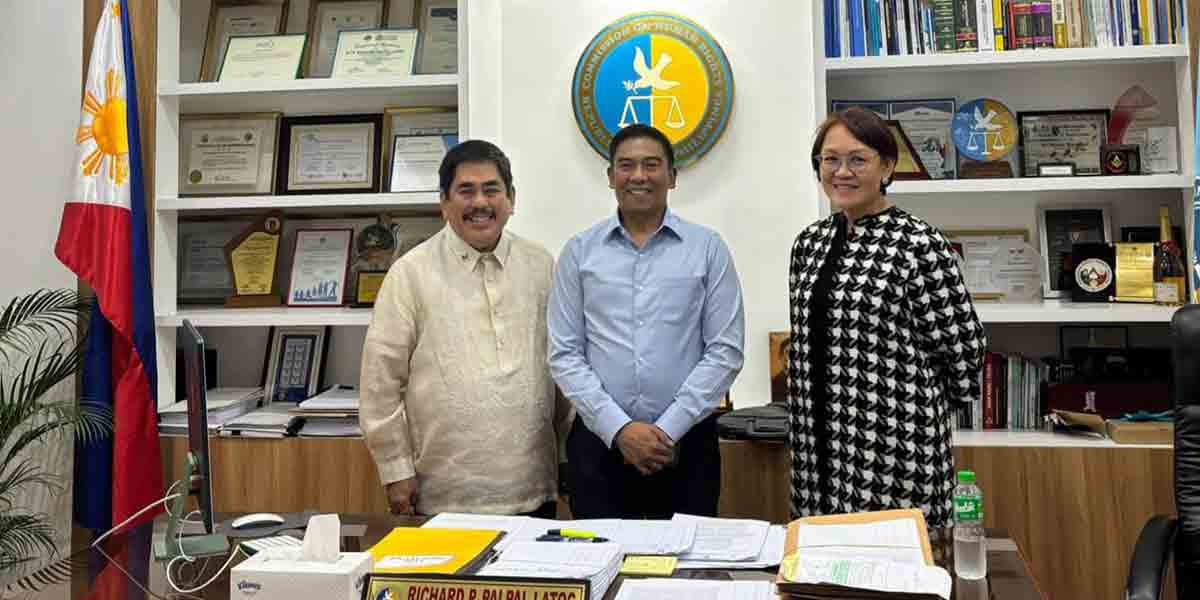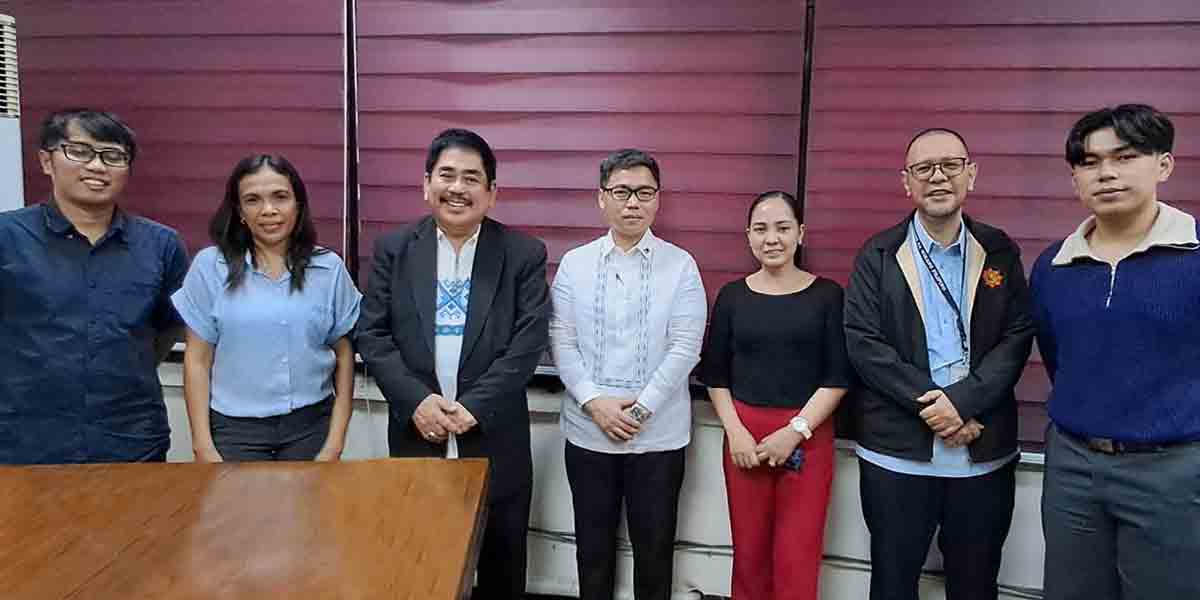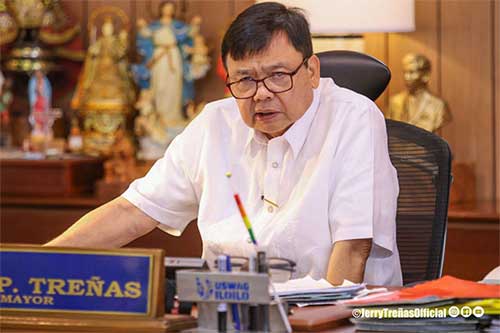Through the support of the Department of Science and Technology (DOST) – Balik Scientists, the University of Mindanao (UM) inaugurates the first biomolecular engineering laboratory in the country.
The focus of this initiative is to transform environmental wastes into valuable industrial compounds and developing innovative biosensors for detecting environmental pollutants.
During the inauguration ceremony of the University of Mindanao Biomolecular Engineering Laboratory (UMBEL), three DOST Balik Scientists: Dr. Angelo Banares (metabolic engineering), Dr. Chosel Lawagon (nanotechnology), and Dr. Terence Al Abaquita (crop protection, neurobiology, chronobiology, and cell and molecular biology), showcased their collaborations to enhance the capabilities of the new laboratory.
The UMBEL was established to advance studies in biomolecular engineering using state-of-the-art approaches and techniques.
UMBEL focuses on integrating metabolic engineering and synthetic biology to address pressing environmental issues through the engineering of nonpathogenic microbes.
The laboratory’s research interests include:
- Metabolic engineering to accelerate the degradation of wastes such as plastics, agricultural, urban, and other toxic chemical wastes.
- Metabolic engineering to convert wastes into specialty and high-value chemicals.
- Optimization through fine-tuning of metabolic pathways and fermentation processes to enhance the production of engineered strains for industrial purposes.
- Development of cost-effective biosensors for the detection of toxic heavy metals and chemical pollutants.
“The inauguration of UMBEL today is a result of the complementary skills and knowledge, brought to the table by three DOST Balik Scientists,” said DOST Secretary Renato U. Solidum, Jr.
“This laboratory will be a great step towards enhancing the country’s capability in metabolic engineering and the right direction in developing innovations to solve environmental concerns.”
For her part, DOST Undersecretary for R&D Leah J. Buendia hopes that this event will encourage more Filipinos abroad to join the DOST Balik Scientist Program.
“We aim to promote continuous knowledge sharing and accelerate the flow of new technologies amongst our local researchers by seeking support from Filipino experts and professionals to avail the program and return to the Philippines.”
The Balik Scientist Program (BSP) aims to promote information exchange and accelerate the flow of new technology into the country by strengthening the scientific and technological manpower of the academe and public and private institutions.
The program’s objective is to encourage Filipino scientists and technologists to return and reside in the Philippines and share their expertise.
In her Keynote Speech, DOST Usec. Buendia shared: “Since the inception of the Balik Scientist Program in 1975, we have had 665 Balik Scientists under 861 engagements across 16 regions. This is a testament that the DOST-Balik Scientist Program is an exceptional initiative that undoubtedly strengthens our nation’s capabilities in science and technology, through our esteemed Balik Scientists like Dr. Bañares, Dr. Lawagon and Dr. Abaquita.”

























